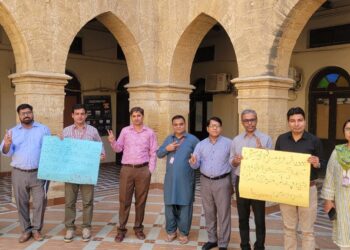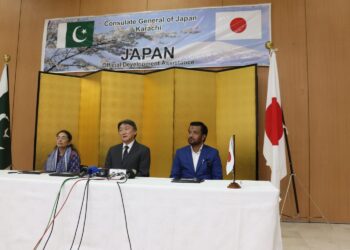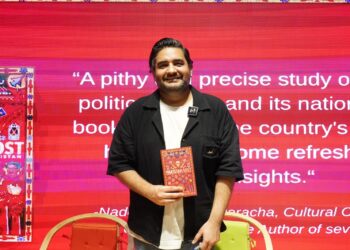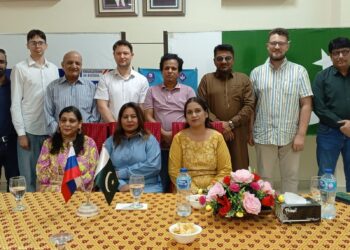This curriculum reform marks the first time that
courses on community nutrition, sustainable
consumption, climate resilience, youth inclusion
Correspondent
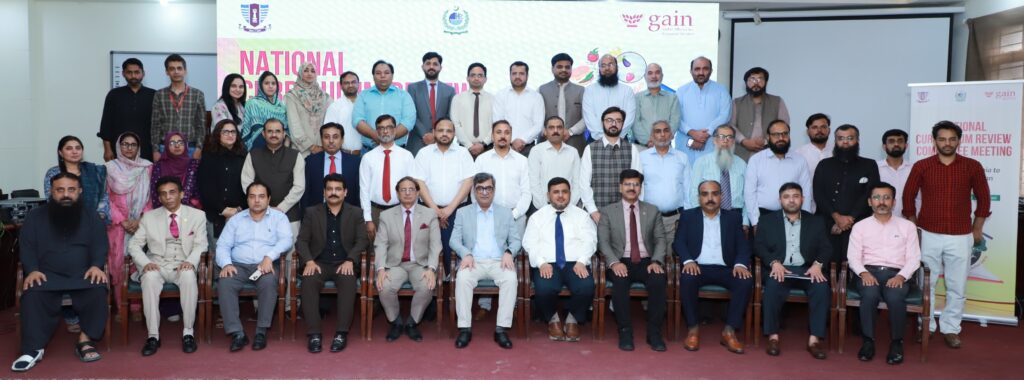
Islamabad: In a landmark move toward reshaping Pakistan’s food systems, the Higher Education Commission (HEC), in collaboration with academic institutions and the Global Alliance for Improved Nutrition (GAIN), has officially integrated food systems transformation into undergraduate degree programs in Food Science & Technology and Human Nutrition & Dietetics.
This curriculum reform marks the first time that courses on community nutrition, sustainable consumption, climate resilience, gender and youth inclusion, and responsible business conduct will be offered as core components of Bachelor’s programs. The initiative is the result of a rigorous consultative process led by HEC’s National Curriculum Review Committee (NCRC).
The two-day review session, hosted by Government College University Faisalabad (GCUF), gathered 38 national experts from over 25 universities and institutions. The revised curricula are designed to equip graduates with interdisciplinary knowledge and systems thinking skills to address food insecurity, malnutrition, climate challenges, and ethical food production.
Dr. Amjad Hussain, Director General (Academics & Curriculum), HEC, called the reform “a strategic leap” aligning education with Pakistan’s national nutrition and climate priorities. GAIN’s Head of Policy & Advocacy, Mr. Faiz Rasool, praised the reform as a forward-thinking step toward a healthier and more resilient food system.
Prof. Dr. Rauf-i-Azam, Vice Chancellor of GCUF, emphasized academia’s responsibility in national development, urging institutions to adopt the new curriculum swiftly and effectively.
This reform supports Pakistan’s commitment to the Sustainable Development Goals (SDGs) and advances national strategies related to nutrition, climate adaptation, food security, and youth empowerment. It also opens pathways for collaboration between academia, government, industry, and development partners to build a more inclusive and resilient food future.

